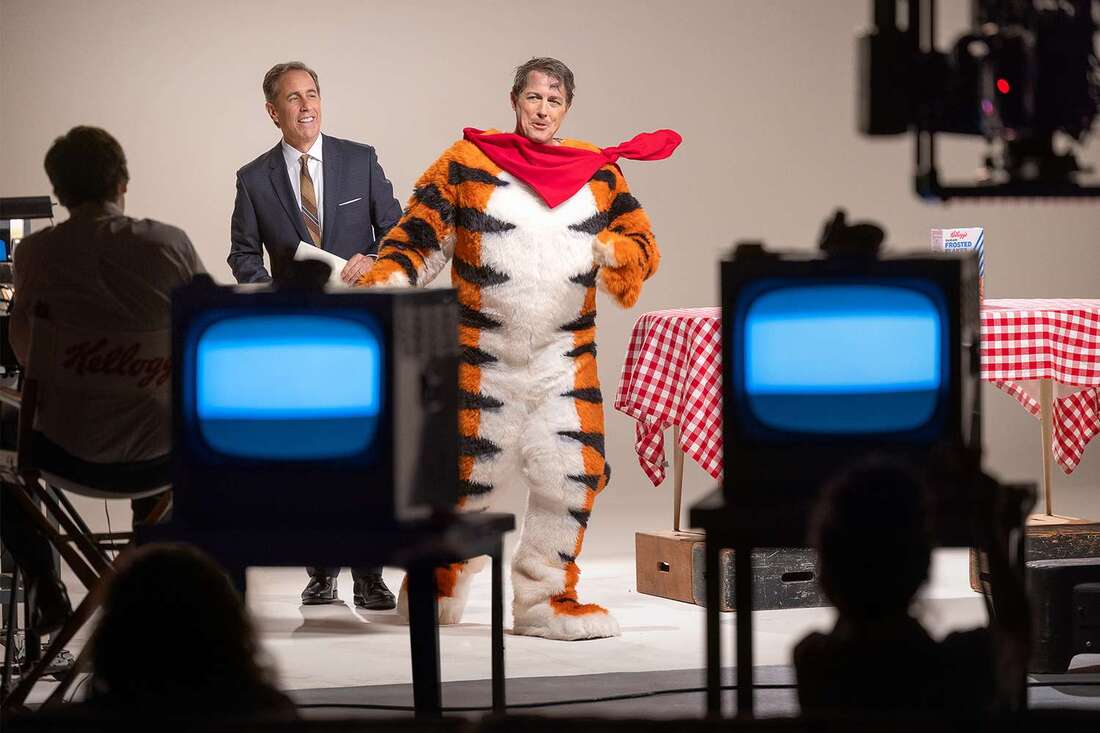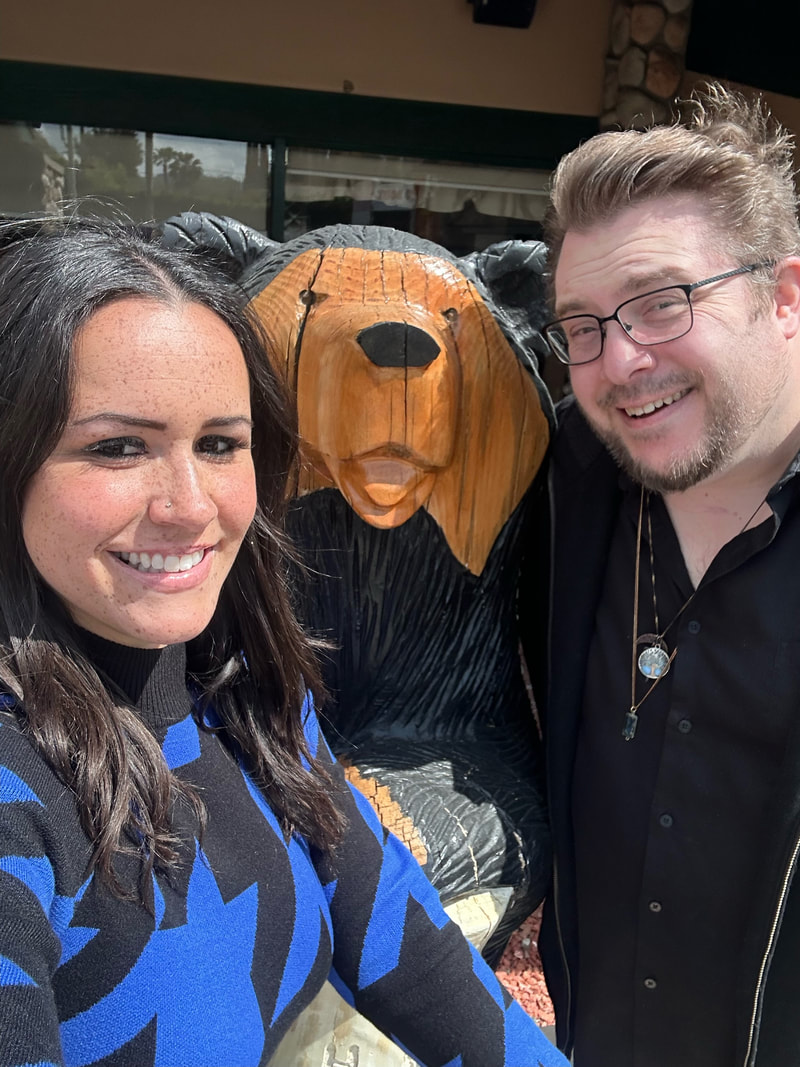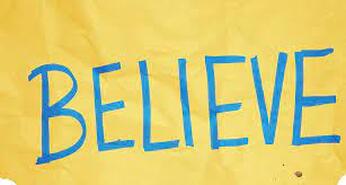|
Many people don't know that I have a Masters in Film Theory. In fact, I was a film major my first two years of college before switching over to English to pursue teaching and a life of poverty. I then double-downed on my poor economic decisions in 2015, when I started doing stand up comedy. What I learned in both my stand up journey and cinema studies is that comedy changes. In the 1920's and 1930's vaudeville and broad humor was all the rage. By the 1950's we saw the creation of late night hosts with one liners. Political counter-culture jokes were the main style in the 1960's and 1970's, and by the 1980's we saw impressionists, prop comics, and observational comedy fill the clubs and Vegas showrooms. Stand up went from the "you" to the "I" in the 1990's and 2000's, and today crowd work and one minute clips are how we digest our favorite comedians. The journey is real.
Comedy television shows and films have gone through a similar transformations. The 1950's "Father Knows Best" comedies have very little resemblance to the 1990's "Father Knows Nothing" star vehicles. Now we have no four camera sitcoms, and comedies today are drenched in melancholy. Then there's 1980's teenager comedies, filled with Porky's antics are not the same punchlines as Will Ferrell's run of films in the mid-2000's. So imagine my surprise when watching Jerry Seinfeld's passion project Unfrosted, about the creation of the Pop Tart, he broke away from the modern socially conscious comedy model to return to a mesh of Mel Brooks' classic genre spoofs and Naked Gun parodies with a hint of Stanley Kubrick's screwball antics from the 1960's. Seeing the reviews of Unfrosted, I feel the need to Moomsplain what just might be the purest comedy of the past 20 years. Today, pure comedies don't really exist. Oh, there are comedies, but they are films with the point of view to turn once taboo subjects mainstream like in the lesbian comedy Bottoms, or to reveal middle American racism in the Borat films, or the comedy is wrapped in action stories like Guardians of the Galaxy. And of course there is the popular dramedy genre like CODA or The Martian, where everyday heroes overcome great strides, which clean up at awards season. So where did the broad, bold, gag-per-second comedies go? Well, like many genres, including comic book films, westerns, and romantic comedies, there appears to be a fatigue, which other genres take advantage of and redefine the standards and expectations audiences put on actors. Why make a gag per minute film, when the the protagonist can have one comic relief sidekick, and everyone gets their kicks? So we no longer ask why the chicken crossed the road but ask how the chicken felt while crossing the road. We also see political climate change our needs for cinematic experiences. After 9/11, Will Ferrell's shtick as a George W. Bush buffoon clone in Anchorman, Talladega Nights, and Step-Brothers played well. But in a post-Obama society, where gay marriage is legal and most people support a woman's right choose, the desire to escape in simple comedy stories feels almost inappropriate. How else can you explain Ferrell doing the same thing and audiences rejecting it? You can't say "it's not funny" but you can say "it's not funny anymore." The world is changing, progressive ethos is winning; can comedy be broad and treated unceremoniously in today's post-feminist, post-gay marriage, post-Covid world? Maybe in some ways the price of moving forward is that our tastes change as we mature. Today, comedy gags are strategically placed in movies to release the tension of heavy hitting topics and drama. The days of Robin Hood and his men in tights singing songs is gone. Dr. Frankenstein's monster is not having hot food poured on his lap. Putting comics in fat suits and having them fart wouldn't get greenlit today. And Shirley has to be serious now. If you didn't get those references, then you probably won't get Unfrosted, a zany, silly, goofy, over-the-top, gag filled treat for the eyes and ears. It's basically a Pop Tart in of itself. So if you like your movies more like Grape-Nuts with some blueberries, this isn't for you. Fans of The Zone of Interest and The Lobster can go smell their own wind somewhere else. The film co-written, directed, produced, and starring 70-year-old Seinfeld is a love letter to 1960's nostalgia and an ode to a type of films we don't see anymore. Thinly layered as the story about the cereal wars between Kellogg's and Post, it's a satire and spoof of the product creation movies. Like Air, The Founder, and the Steve Jobs films, Unfrosted "recreates" history. But unlike those serious films with sprinkled in jokes, this film approaches the material like Mel Brooks approached genre westerns or gothic horror novels. Had Seinfeld not played the fictious Bob Cabana at Kellogg's, Leslie Nielson could have. At a sharp, tight 90 minutes, every scene is an excuse to recreate 1960's nostalgia or broad visual gags. Once you realize Cabana threatens Snap, Crackle, and Pop (as if they're real people) with a new, cheaper mascot or Jim Gaffigan, as the heir to the Kellogg estate, secretly yearns to be with Marjorie Post (Amy Schumer), you realize this isn't a behind-the-scenes tell all expose on capitalism and food creation. It's a big, bold, comedy less interested in historical fact and more interested in comedic possibilities involving a very bitter Tony the Tiger leading a January 6th revolt to save his job. If you haven't watched the film on Netflix yet, I'm going to give light spoilers, but nothing that ruins the film. The tone of Unfrosted isn't like contemporary comedic cinema. Filled with sight gags like boxed cereals called Grandma's Holes or a funeral with milk and cereal poured over the casket, the jokes are clear, in your face, and not hard to understand. Snobs need not watch. This isn't Poor Things, an epic feminist tale about finding your place in the world. It's not even Barbie; though both share bright, fun sets, over-the-top performances, and Greta Gerwig's best picture nominee is also a riff on the product creation genre. Yet, while they have that in common, there is no scene at the end where Gaffigan or Seinfeld talk to the Pop Tart about it's true identity. There is no pastry patriarchy to fight. But there are "Big Milk" milkmen with their farting cows. Critics are mixed, with a 39% on Rotten Tomatoes (as of writing this article) and a 57% audience reaction score. I wouldn't say it's "panned," as there are plenty of films under 20% in the reviews department. Adam Sandler's comedies seem to be the go-to punching bag for critics with films like his 2018 The Week Of with Chris Rock sitting at 27%. Though the 57% audience score does show crowds are confused, with my guess, it being people under 35 not "getting it." Unfrosted has plenty of people who do get it though. Mostly, people over 40. Here's the open secret about films: They're all made for kids, teens, and Gen Z. They all have contemporary references and try to appeal to people who are more interested in Tik Tok and Instagram drama. This film is directly aimed at people aware that the 1960's happened, that the Cold War and the space race existed, and that breakfast was once considered the most important meal of the day. My mother loved it. Meanwhile, Unfrosted is filled with topics and characters that haven't been at the forefront in comedy for decades. Jokes about JFK (Bill Burr) sleeping with The Doublemint Twins, NASA employees (Melissa McCarthy as "Stan" is a hysterical angry gem as always) creating Tang, and even the idea of organized milk men are concepts people under 40 wouldn't get. As a 42 year old comedy and film connoisseur, these popular cultural figures and gags are deep within my psyche. Younger generations might struggle to find humor in JFK calling his now dead son "slow," but to a person aware of the characters being spoofed, they'll appreciate the dark humor laced throughout the film - it's a refreshing breath of sugary air. A type of comedy cocaine - it hits hard and forces you to react in some way. Another clear influence on display is Stanley Kubrick's brilliant Cold War satire Dr. Strangelove: Or How I Learned to Stop Worrying and Love the Bomb - with important men in suits also being over the top and ridiculous. In that film a soldier rides the bomb after it's tossed from a plane. In this one, the man who created the Schwinn bicycle gets a tragic ending in similar fashion. In fact, Unfrosted plays up both the Cold War and contemporary political turmoil, but without judging. It's as if those events happened just to be spoofed. Where Aaron Sorkin or Adam McKay would have taken January 6th material into hard social commentary, Seinfeld & Co. see it as a way for mascots to climb buildings like inefficient Spider-Men. It is just a sight gag to admire, not a point to be made. I dedicated my newsletter to this one silly yet funny film because I think its important to remember that while socially conscious comedy is important, so are jokes. As humor changes, our sensibilities change too. "Seinfeld," the TV show, was another silly comedy with little to no social commentary. In fact, the show about nothing spoofed the assassination of JFK, used Junior Mints as a medical device, and mocked those who made you wear the ribbon in protest marches. No moral lessons were ever learned, and that was the charm. So when Unfrosted hit Netflix, why would we expect any different from the master of nothing? I mean who are these people hating on a pure comedy about Pop Tarts? And when did they lose their sense of humor?
0 Comments
Leave a Reply. |
Paul Douglas Moomjean Blog's About What's on His MindBlogging allows for me to rant when there is no stage in the moment to talk about what's important and/or funny to me. Archives
July 2024
Categories |


 RSS Feed
RSS Feed
